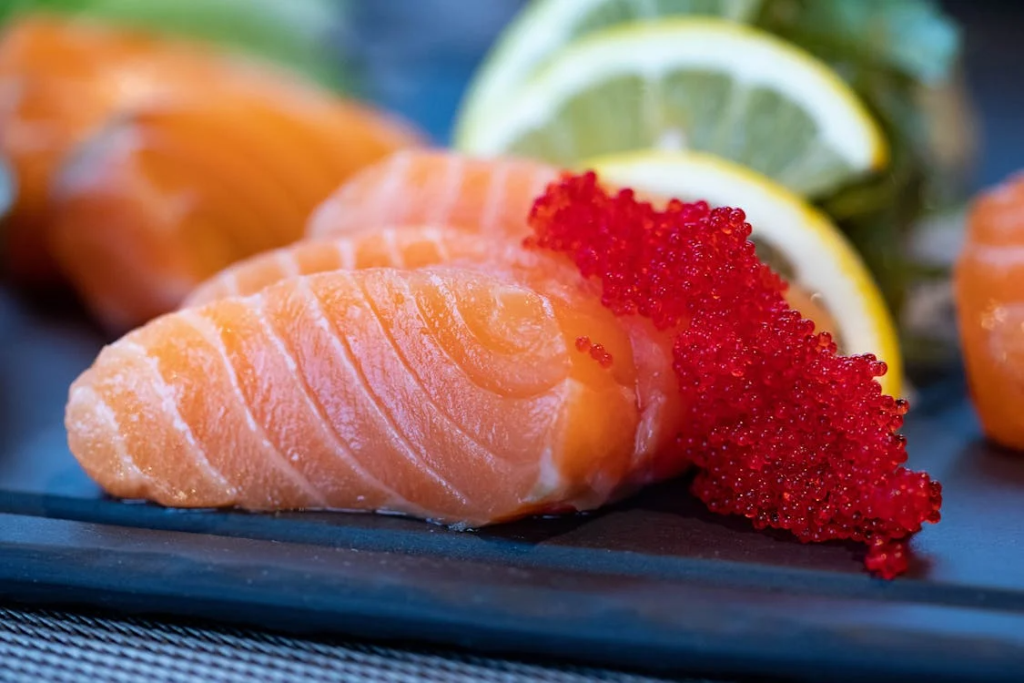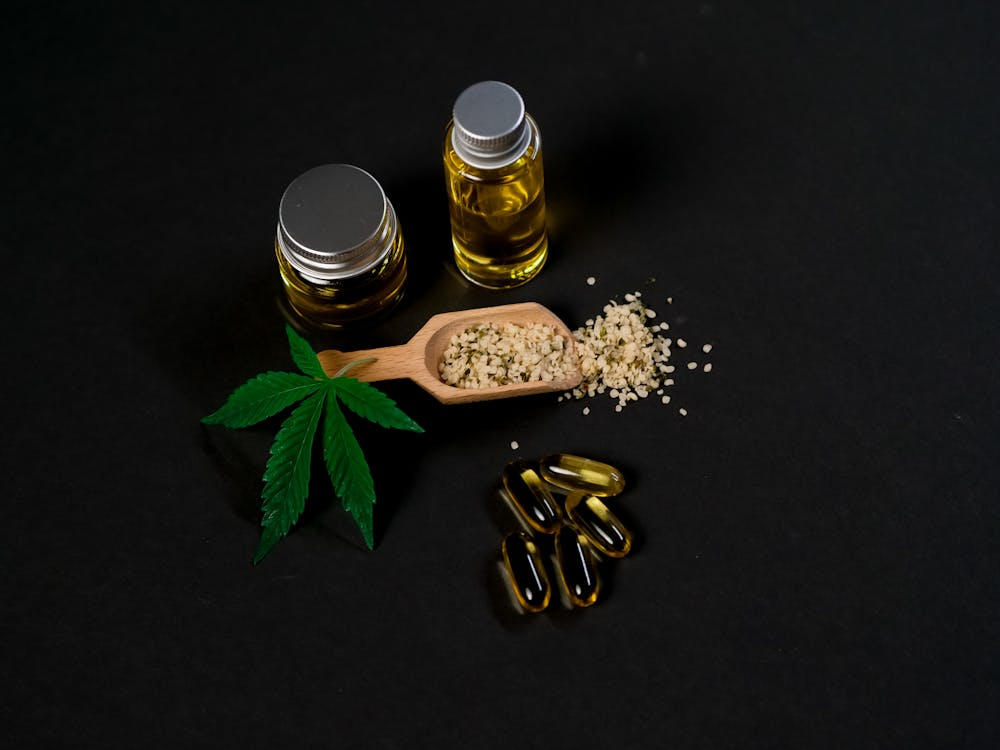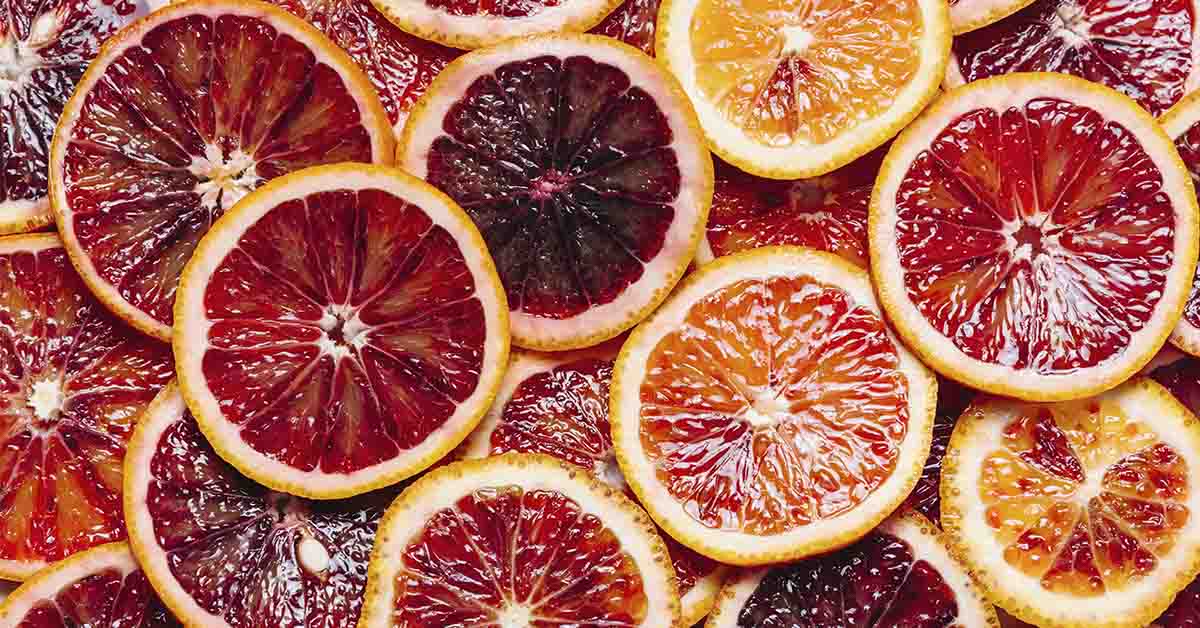Other excellent sources of calcium include yogurt, cheese, boneless salmon, and sesame seeds. These foods provide additional nutrients like protein, healthy fats, and magnesium, which support bone health. Unlike calcium supplements, which can increase the risk of heart disease when taken alone, foods provide a balanced diet without side effects.
Vitamin D from fatty fish

Salmon is rich in vitamin D. 100g of salmon provides 447 IU, or 112% of the recommended daily value. This amount far exceeds most supplements while also providing omega-3 fatty acids, which support heart health. Other fatty fish, such as mackerel, sardines, and herring, offer similar vitamin D concentrations and other nutritional benefits.
Vitamin D from foods has better bioavailability than synthetic supplements. The natural fat in fish promotes vitamin D absorption, while supplements often lack the cofactors necessary for proper absorption. Fortified foods such as milk and cereals provide additional sources of vitamin D for people who cannot eat fish or are allergic to it.
Magnesium-rich nuts and seeds replace powdered supplements

Hemp seeds are rich in magnesium, providing 210 mg per 3 tablespoons, or 50% of your daily value. Pumpkin seeds follow closely behind with 154 mg per 30 ml, providing 37% of your daily value alongside protein and zinc. These seeds also provide sustained, slow-release energy and hunger suppression, something magnesium supplements cannot provide.
Other excellent sources of calcium include yogurt, cheese, boneless salmon, and sesame seeds. These foods provide additional nutrients like protein, healthy fats, and magnesium, which support bone health. Unlike calcium supplements, which can increase the risk of heart disease when taken alone, foods provide a balanced diet without side effects.
Vitamin D from fatty fish

Salmon is rich in vitamin D. 100g of salmon provides 447 IU, or 112% of the recommended daily value. This amount far exceeds most supplements while also providing omega-3 fatty acids, which support heart health. Other fatty fish, such as mackerel, sardines, and herring, offer similar vitamin D concentrations and other nutritional benefits.
Vitamin D from foods has better bioavailability than synthetic supplements. The natural fat in fish promotes vitamin D absorption, while supplements often lack the cofactors necessary for proper absorption. Fortified foods such as milk and cereals provide additional sources of vitamin D for people who cannot eat fish or are allergic to it.
Magnesium-rich nuts and seeds replace powdered supplements

Hemp seeds are rich in magnesium, providing 210 mg per 3 tablespoons, or 50% of your daily value. Pumpkin seeds follow closely behind with 154 mg per 30 ml, providing 37% of your daily value alongside protein and zinc. These seeds also provide sustained, slow-release energy and hunger suppression, something magnesium supplements cannot provide.

